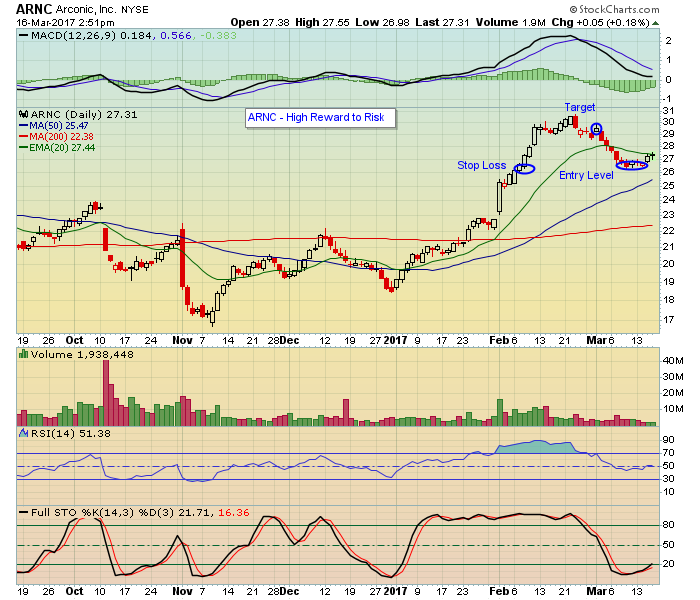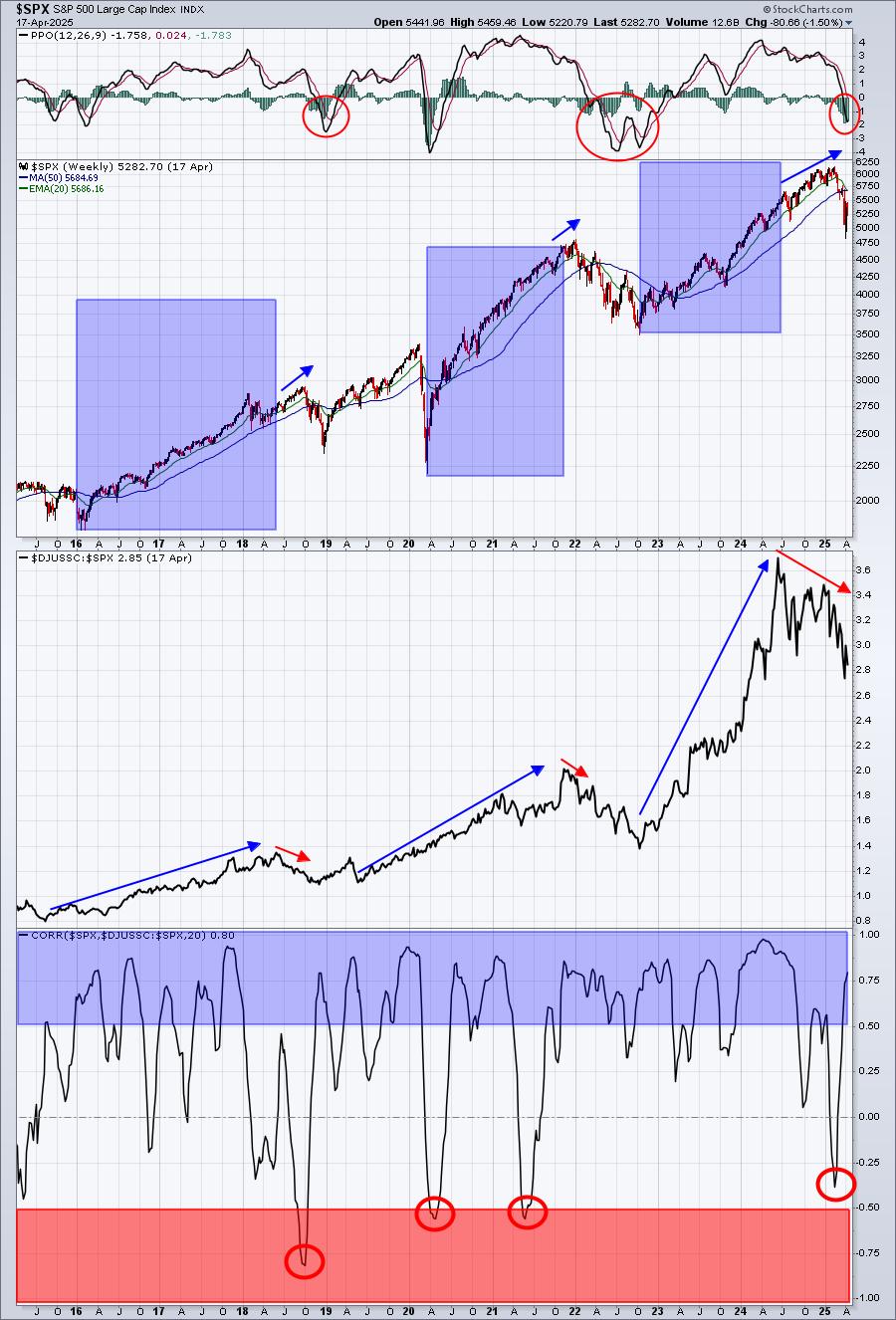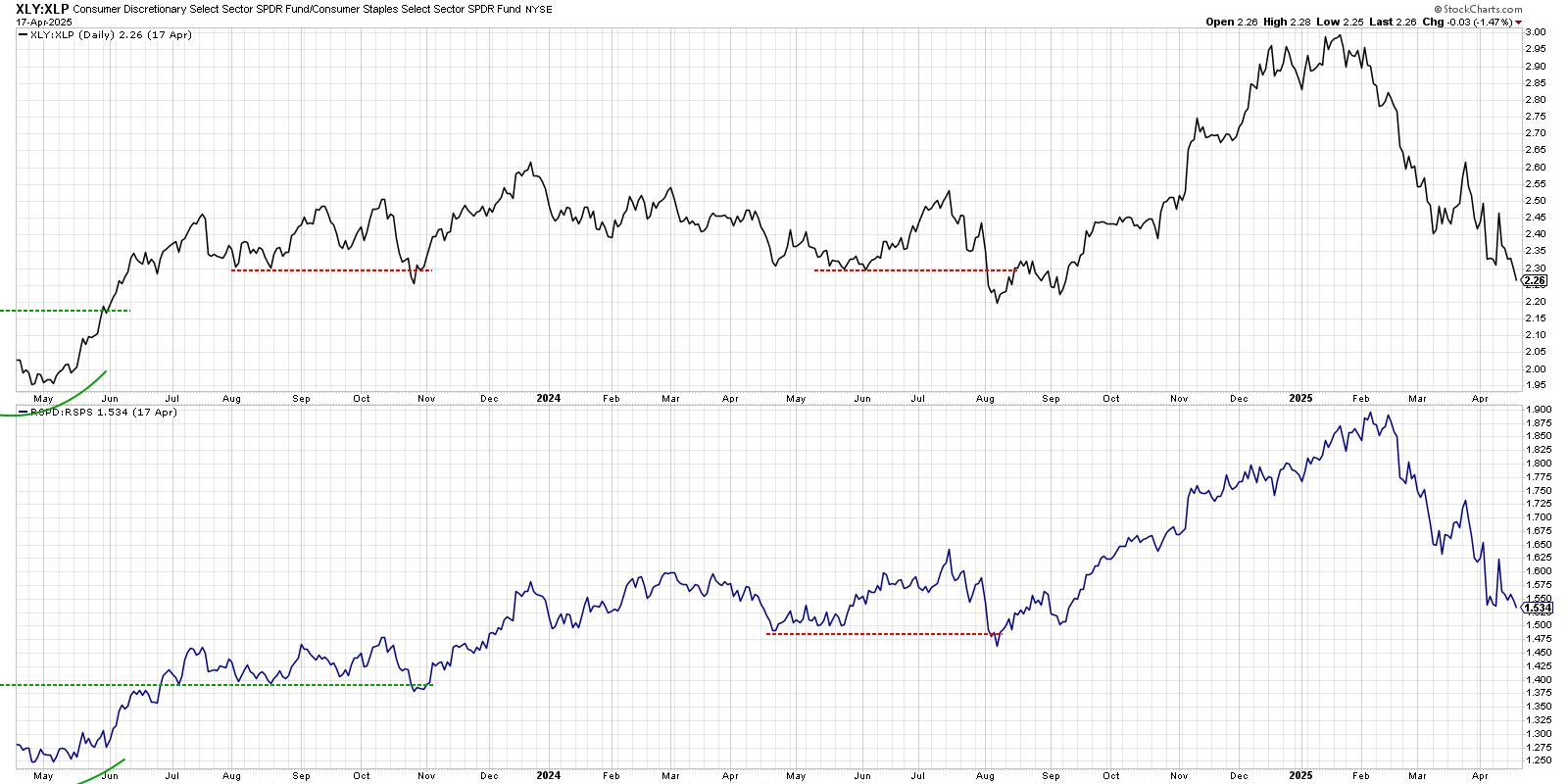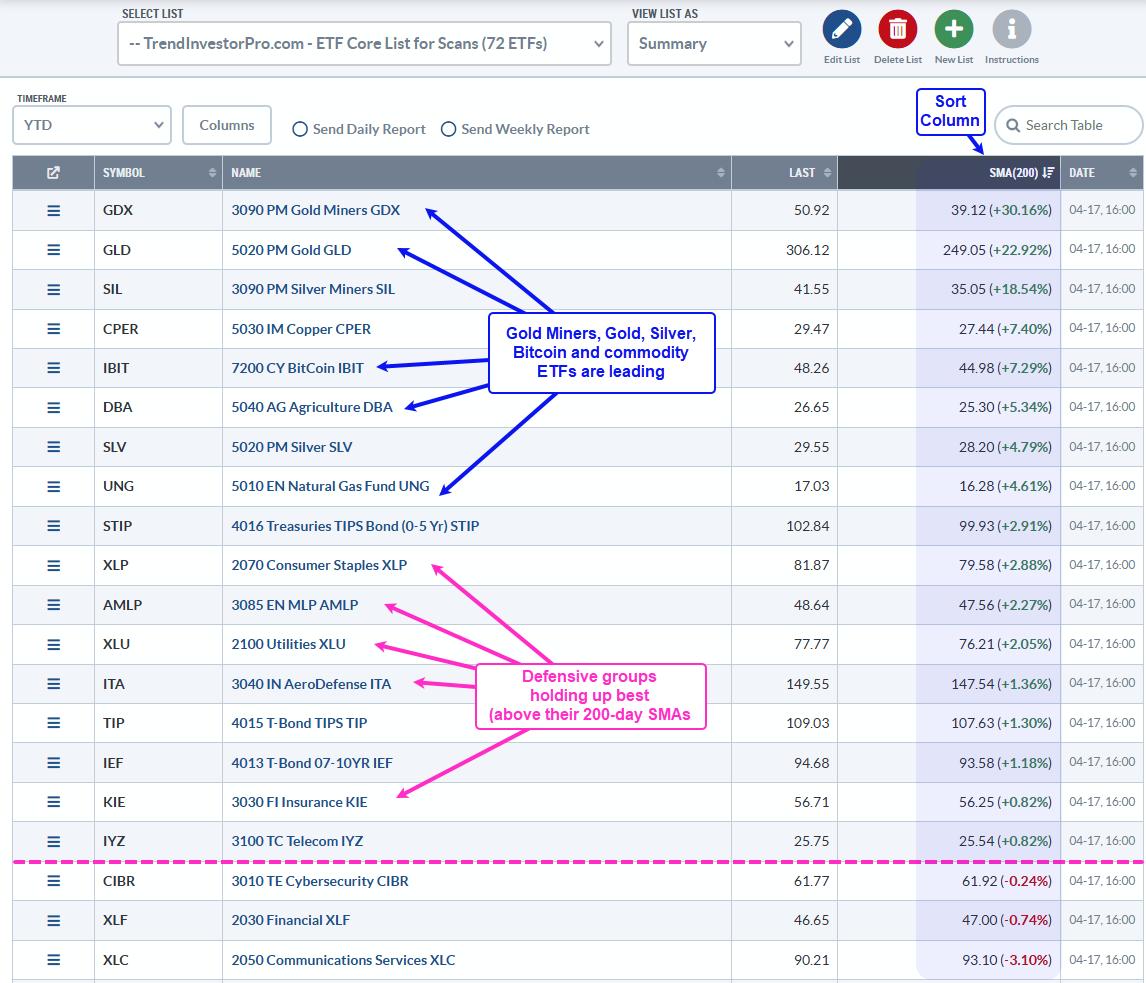As part of our service at EarningsBeats.com we send trade alerts to our members on stocks that beat earnings expectations. But before we notify members of any trade candidates we look closely at the "Reward to Risk' ratio as we want to make sure it is favorable before we pull the trigger.
The basic concept is this. We only want to get involved in trades that have much more upside than downside potential. At a bare minimum it needs to be 2 to 1 but 3 to 1 and greater is even better.
As an example, we issued a trade alert to members last week on ARNC. We had two entry levels, both that hit, at a blended price of $26.59. Our price target was $29.85 while our stop loss was $26.07. So, if our price target hit it would be a gain of $3.26 and if our stop loss hit it would be a loss of .52. So in this case we had a slightly greater than 6 to 1 reward to risk ratio. I like those odds.
 When we come up with a stop loss it is listed as either "Intra Day" or as a "Closing Stop." An Intra Day stop means a stock moves below a specific level during the course of the trading day. A Closing Stop means the stock closes below a specific level when the closing bell rings. Both have merits but we have found that stocks that move below key support levels during the trading day can often recover by day's end.
When we come up with a stop loss it is listed as either "Intra Day" or as a "Closing Stop." An Intra Day stop means a stock moves below a specific level during the course of the trading day. A Closing Stop means the stock closes below a specific level when the closing bell rings. Both have merits but we have found that stocks that move below key support levels during the trading day can often recover by day's end.
We never set a stop unless their is a very specific and valid reason to do so. In other words, our stops are going to be at key price or technical support levels; no guessing allowed!
I'm going to conduct a Webinar on Tuesday, March 21 at 4:30 PM eastern. During this FREE event I will be sharing with attendees some examples of high reward to risk trading candidates including identifying appropriate target prices and stop loss levels. If you would like to join me for this event just click here to register.
If you're going to put your money to work you might as well have as much upside to downside potential in your favor. Obviously not every trade is going to work out but if you do your homework in advance you can maximize your reward to risk before you put your money on the line.
--
John Hopkins
President
Invested Central/EarningsBeats.com
john@investedcentral.com
www.investedcentral.com






